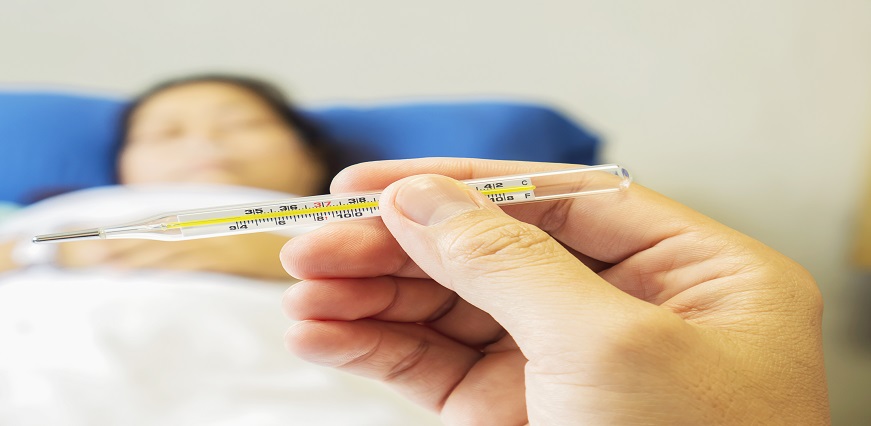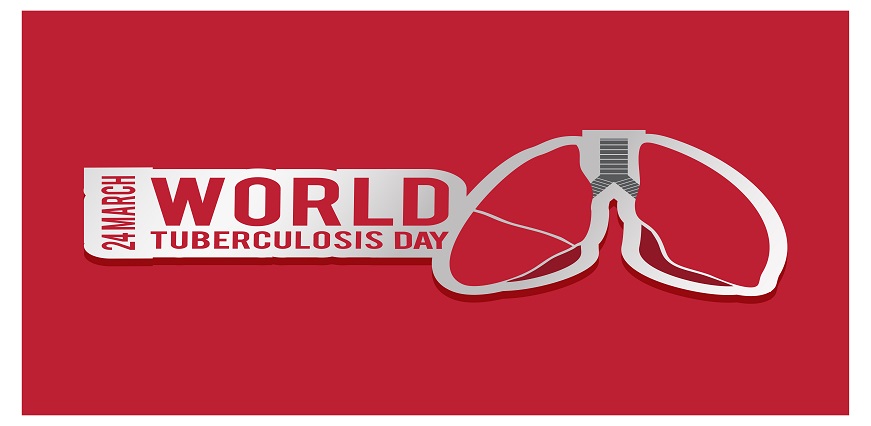





No lab centers are available in this city

Max Lab
Mar 17, 2025
Uremia is a word that makes people raise an eyebrow and question. It's not merely a medical terminology; it's a serious condition that can take a toll on one's health if not addressed. But what is uremia, exactly? Simply put, it's the accumulation of waste products in the blood because of kidney failure. When your kidneys are unable to filter out toxins properly, anything from fatigue to confusion can take hold. Knowledge of this condition is important for anyone who wants to keep their kidneys healthy or assist loved ones who might be impacted.
Uremia is mostly caused by kidney failure. When kidneys are unable to remove waste from the blood, toxins build up. This can be because of chronic diseases such as diabetes and high blood pressure.
Acute kidney injury is another major cause. Infection or dehydration causing sudden damage can result in quick uremic symptoms.
Some drugs also lead to renal impairment, causing uremia in the long run. Nonsteroidal anti-inflammatory drugs (NSAIDs) are infamous for this action when taken over the long term.
Genetic predisposition is also involved. Diseases such as polycystic kidney disease predispose people to uremia as they advance.
Detection of uremia symptoms may be difficult, as they usually simulate other medical conditions. The most common signs are fatigue, nausea, and confusion. The patients might experience loss of appetite or altered sleep.
Physical symptoms may arise too. Fluid retention in the feet and ankles is common, accompanied by uncontrollable itching caused by the accumulation of toxins in the body. Muscle cramps or tingling is also reported by a few.
Diagnosis of uremia usually includes blood tests to look for high levels of waste products such as creatinine and urea. A doctor may order a urine test to further evaluate kidney function.
Untreated uremia can result in serious complications that involve more than one organ system. One of the most important risks is cardiovascular disease, since high blood levels of toxins can put extra stress on the heart and blood vessels.
In addition, the patient can have major electrolyte disorders. Disrupting them, in most cases, can cause muscle weakness or cramps in daily function as well as total quality of life.
Other health concerns involve neurologic function. Confusion, lethargy, as well as seizure status can present through toxin buildup influencing brain action.
While treating uremia, therapy tends to target the underlying condition. For people with chronic kidney disease, dialysis is indicated in some cases. Dialysis filters waste and excess water from the blood when the kidneys are no longer able to do so efficiently.
In certain cases, medication is a significant factor. Physicians usually prescribe drugs to manage symptoms such as hypertension or electrolyte disturbances caused by kidney malfunctions.
For patients with acute kidney failure, working to resolve the underlying cause is crucial. Whether infection or dehydration, getting treated in a timely manner can reverse damage and ensure function.
Another option for end-stage renal disease is kidney transplantation. This is done by removing an affected kidney and replacing it with a healthy one from a donor.
Preventing uremia begins by keeping kidneys healthy. Having regular check-ups will help identify possible concerns early.
A balanced diet rich in fruits, vegetables, and whole grains supports optimal kidney function. Limit salt and processed foods to reduce strain on your kidneys.
Staying hydrated is crucial as well. Drinking enough water helps flush out toxins effectively.
Managing chronic conditions like diabetes and hypertension is key too. Keeping blood sugar levels stable and controlling blood pressure can significantly lower the risk of developing uremia.
Don't also forget to stay away from dangerous substances such as tobacco and excessive alcohol. Such habits can negatively impact your general health, including the kidneys.
Uremia is a serious illness that occurs when the kidneys are unable to remove waste products from the blood efficiently. Knowing its meaning, causes, symptoms, and possible complications is important for identification and early intervention.












Sign up takes less than 60 secs and gives you access to your offers, orders and lab tests.
Looks like you are not registered with us. Please Sign up to proceed
OTP will be sent to this number by SMS
We have successfully received your details. One of the agents will call you back soon.
 To reach our help desk call 9213188888
To reach our help desk call 9213188888
No Lab Centers are available in this city
Looks like you are not registered with us. Please Sign up to proceed
OTP will be sent to this number by SMS
Not Registered Yet? Signup now.Looks like you are not registered with us. Please Sign up to proceed





 7982100200
7982100200.png)
Comments